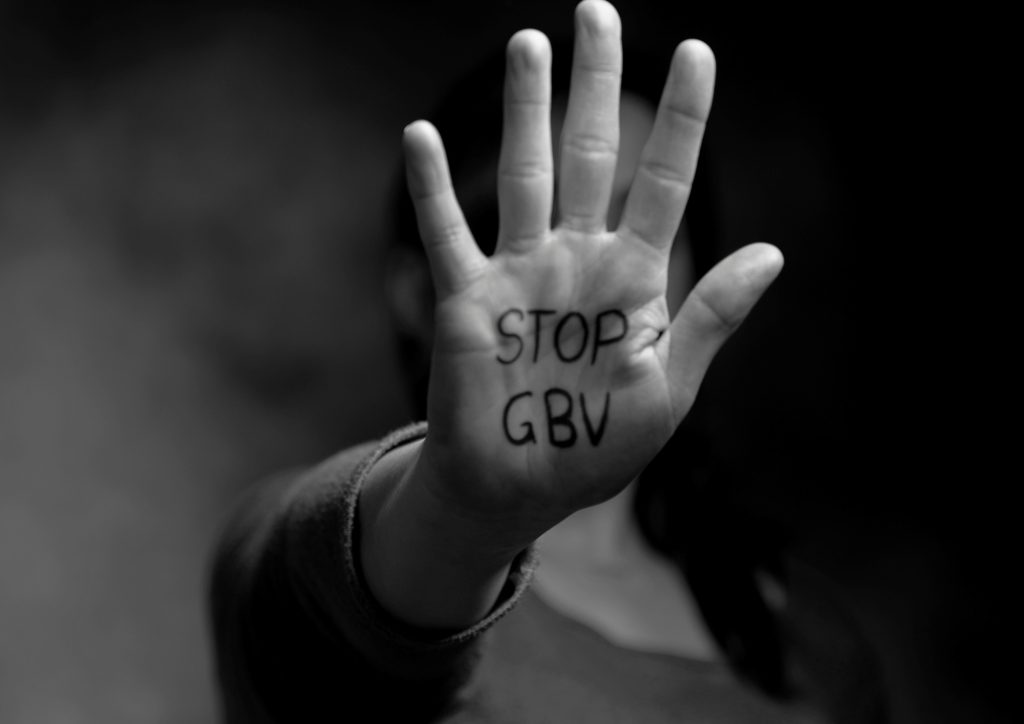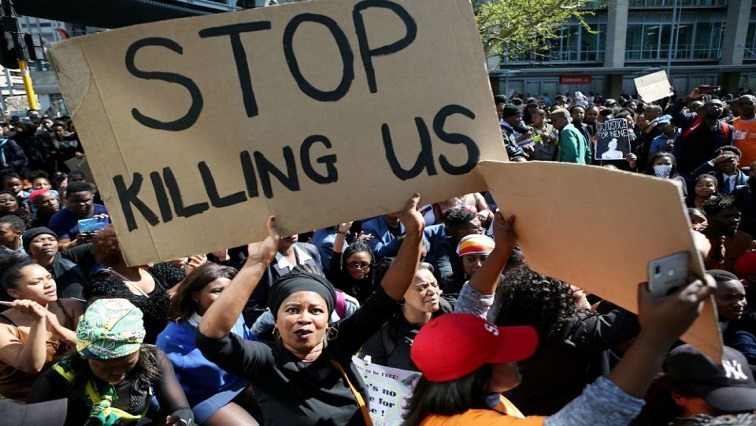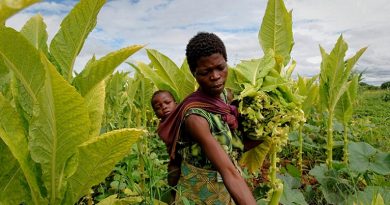GBV in Malawi: Addressing culture and law implementation gaps
By Cytress Kaunda*
For a long time, Gender-Based Violence (GBV) has been a pressing issue in Malawi. Despite being an issue affecting all genders, most known victims of GBV are women and girls. The United Nations (UN) defines GBV as any act of gender-based violence that results in, or is likely to result in, physical, sexual, or mental harm or suffering to women, including threats of such acts, coercion or arbitrary deprivation of liberty, whether occurring in public or in private life. GBV manifests in diverse forms, including psychological, emotional, sexual, and physical abuse, with physical and sexual abuse being the most commonly reported and visible forms.
The prevalence of GBV highlights the severity of this issue. According to a 2021 report by UN Women, globally, almost one in three women have been subjected to physical and, or sexual intimate partner violence, or both at least once in their life, and an average of 137 women worldwide are killed daily by their intimate partners or family members. This translates to more than 50,000 women lost each year to GBV, a shocking reminder that GBV remains a persistent and pervasive pandemic that requires collective efforts to eradicate.
UNICEF further reports that every 10 minutes, an adolescent girl dies somewhere in the world due to violence, a heartbreaking fact that reveals the devastating impact of GBV on girls. In Malawi, a 2020 UNICEF survey showed that 42% of women have experienced violence, which according to the survey, is significantly higher than the global average of 27%. These statistics make it clear that GBV is not a distant concern but an urgent issue demanding swift and effective intervention.
Over the years, several strategies have been implemented, such as the introduction of formal structures to help in fighting against GBV, including; establishing Victim Support Units in police stations, forming laws on GBV including the Prevention of Domestic Violence Act, Gender Equality Act, among others. In addition, numerous campaigns have been launched to raise awareness and address the issue.
However, despite these efforts, GBV continues to be a persistent challenge in our communities. For instance, according to the National Statistical Office’s Sexual Gender Based Violence (SGBV) dashboard report, covering the period from January 1, 2024 to November 13, 2024, a total of 1,134 cases of SGBV have been reported, which are statistics only collected from people who gave their consent. Hence, the figure may under-represent the true extent of SGBV, as it only accounts for reported cases where the owners provided consent. Most cases go unreported due to various factors such as cultural barriers or fear of retaliation.
Additionally, from April 2023 to April 2024, Lilongwe district alone recorded 6,859 cases of GBV, where 5,429 of these cases involved women, while 1,430 were men. The ineffectiveness of the strategies and measures put in place to help in combating GBV in Malawi may be attributed to various factors including, cultural norms that perpetuate GBV and implementation gaps in laws.
Are cultural norms perpetuating GBV?
We cannot rule out the fact that cultural norms, particularly the patriarchal culture, play a role in encouraging and permitting violence in our communities. Patriarchy prioritizes male dominance, giving men power over women. In this system, women are often viewed as inferior and undervalued, fostering a harmful mindset that treats them as commodities that can be controlled or owned by men.
For centuries, men have been conditioned to believing they hold authority over women, shaping a harmful norm that influences their perceptions and interactions with women. From an early age, women are often conditioned to be submissive to men and to never question their authority, believing that it is natural for men to rule over women. While this may be done with the intention of preserving tradition or harmony, it has ultimately contributed to male chauvinism and the perpetuation of violence.

Gender Based Violence is an endemic social condition that needs deliberate action to end it
Shockingly, society has condoned and normalized various forms of violent behaviour that men commit against women; making those actions seem acceptable, in the name of maintaining male power. As a result, women are tolerating their partners’ abusive behaviour, internalizing GBV and minimizing the severity of their husbands’ violent behaviour. And instead, they [women] believe that he is only exercising his rights as a man.
In such communities, patriarchal cultural norms have led to most women’s economic and social dependence on men. This makes them hesitant to report cases of abuse or leave abusive relationships due to a lack of autonomy and support.
Perhaps, efforts to eliminate GBV must address the root causes, many of which are deeply embedded in cultural behaviours that influence harm. While women have traditionally been expected to be submissive and passive, it is also crucial to remember that they also have rights that need to be respected.
Communities need to be educated on how to uphold their cultural heritage in ways that do respect and value all genders. Opinion leaders, with their influence, can play a critical role in shaping attitudes and influencing behaviour in their communities, and working with them can significantly raise awareness about how some cultural norms are fueling GBV.
On the other hand, women empowerment is a critical component in the fight against GBV, as it equips women with the tools and confidence needed to break free from abusive relationships. It is essential to place significant focus on empowerment initiatives, as they provide women with support necessary to make informed decisions. However, it is equally important to ensure that women are trained on how they can embrace empowerment in a responsible manner, without using it against men. Empowerment should be about promoting self-confidence and the ability to make choices, not fostering division or resentment.
Law implementation gaps
Malawi is a signatory to a number of international agreements that address GBV, including, the Convention on the Elimination of all forms of Discrimination Against Women (CEDAW), SADC Declaration on Gender and Development, and African Charter on Human and People’s Rights, among others. Apart from that, various laws and policies have been put in place in order to address GBV issues, including, Prevention of Domestic Violence (2006), Gender Equality Act (2013), and National Gender Policy.
All these, aim to eliminate GBV occurring within domestic relationships, and to provide effective legal remedies and other social services to persons affected by domestic violence. The question remains, why are we still having numerous cases of violence in the face of these laws and policies? One thing we have to remember is that creating laws is just the beginning; effective implementation is what turns the laws to life.
The implementation and effectiveness of a law, not just its existence, is what inspires fear and respect in people. People are more likely to fear a law when they witness its enforcement and feel its impact, rather than just knowing existence. There are cases of violence in the communities that receive minimal or no punishment at all, yet these cases are supposed to serve as a warning, setting examples to caution others who might consider committing similar offences.
The gaps existing in the implementation of these laws is what is influencing perpetuators to not take the issue of GBV seriously. It is important that our law enforcement agencies begin to strictly enforce the laws related to GBV, without exception or bias, in every single case.
As we persist in our efforts to eradicate GBV, we must acknowledge that there are complex factors influencing behaviours and address the underlying issues fueling these behaviours. By so doing, we can develop effective solutions. More-over it is crucial to assess the efficacy of our strategies, allowing us to refine them and work towards creating communities that unite in their opposition to violence against women and GBV.
*Kaunda is a communications intern at Montfort Media and a final year communications student at Mzuzu University.




